Bergen County Exterior Drainage
Protect Your Bergen County Property with Expert Exterior Drainage Solutions
Exterior drainage plays a crucial role in preserving the structural integrity and aesthetics of your property by effectively managing rainwater runoff and preventing water damage. Understanding when exterior drainage is needed, the installation process, and the problems solved with an exterior drainage system can help you make informed decisions to protect your investment and ensure the long-term stability of your property. We perform Exterior Drainage in Wyckoff, Glen Rock, Ridgewood, Fair Lawn, Westwood, and all of Bergen County!
When is Exterior Drainage Needed?
Exterior drainage becomes necessary when issues related to poor water management and drainage arise, leading to potential water damage and structural instability. Here are some signs that indicate the need for exterior drainage:
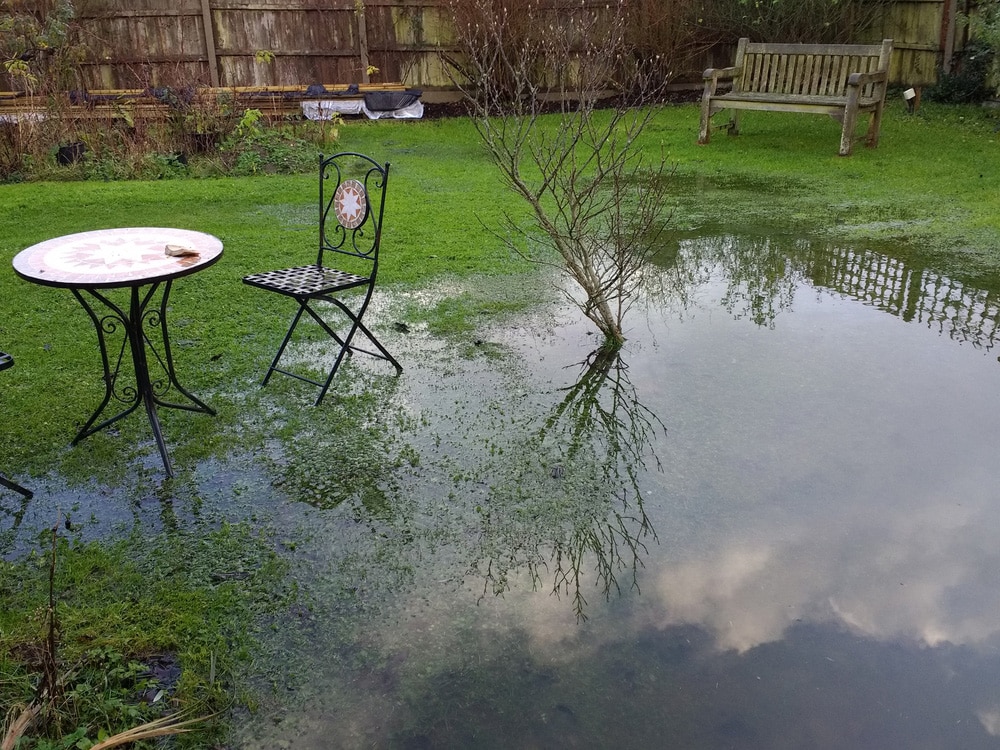
Pooling Water
If you notice standing water or pooling around the foundation, yard, or driveway after rainfall, it may indicate inadequate drainage and poor water management.

Erosion
Soil erosion, particularly around the foundation or landscaping features, can occur due to uncontrolled water runoff and can compromise the stability of structures and landscaping.

Foundation Cracks
Excessive moisture around the foundation can lead to foundation cracks, which may worsen over time and result in structural issues if not addressed promptly.
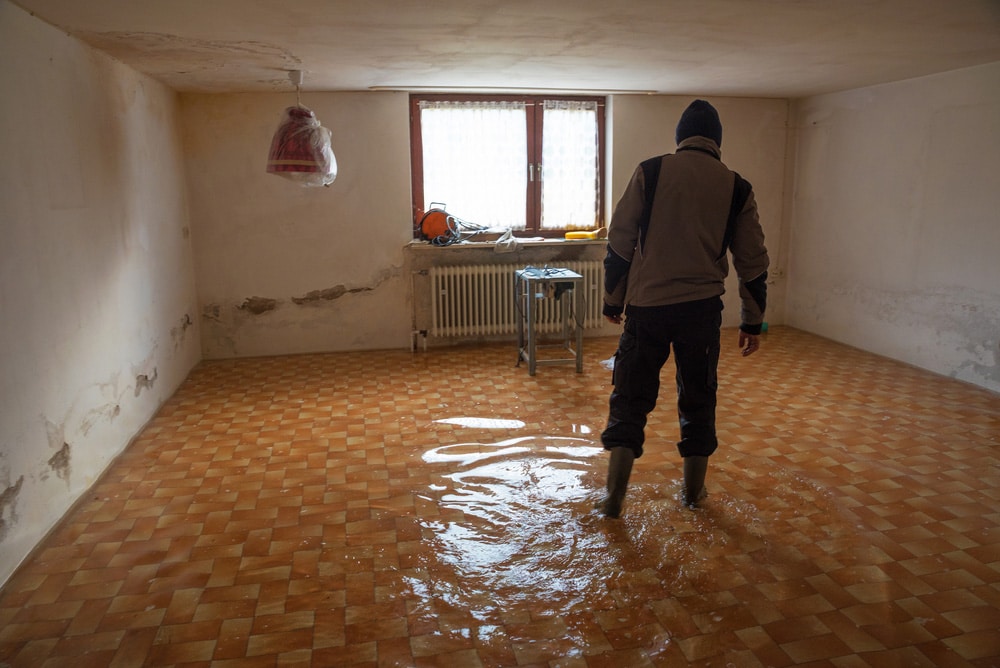
Basement Flooding
Poor exterior drainage can contribute to basement flooding by allowing water to seep into the foundation and basement walls, leading to water damage and mold growth.
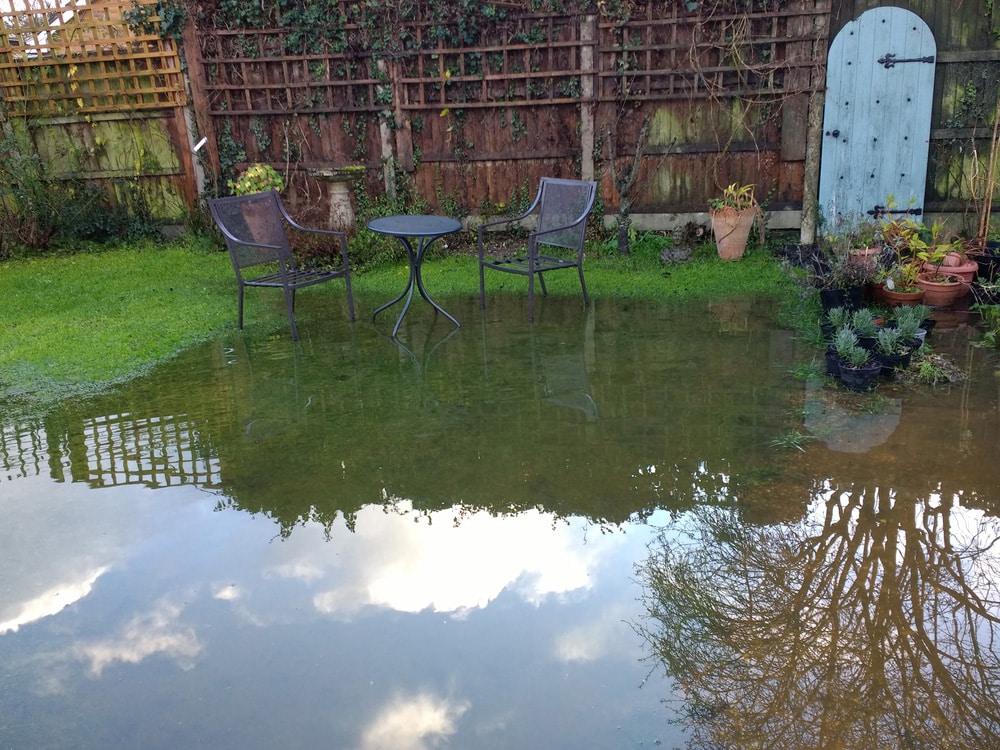
Soggy or Marshy Areas
Areas of the yard that remain consistently soggy or marshy, even during dry periods, may indicate drainage issues that need to be addressed to prevent water-related damage to landscaping and structures.
Installation Process of Exterior Drainage
The installation of an exterior drainage system typically involves several steps to effectively manage rainwater runoff and redirect it away from the property. Here’s an overview of the installation process:
Assessment and Planning
The first step in installing an exterior drainage system is to assess the property’s topography, soil composition, and drainage issues. A thorough evaluation helps determine the most appropriate drainage solutions and placement of drainage components.
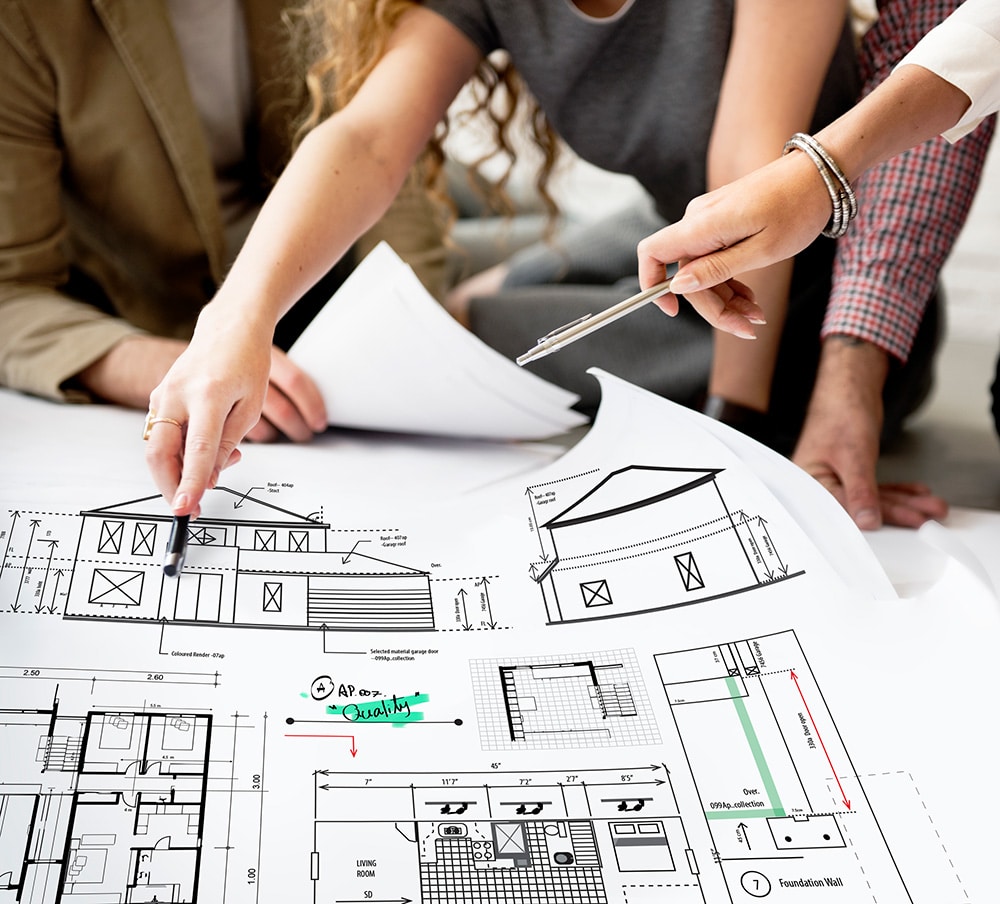
Excavation
Excavation is performed to create trenches or channels where the drainage pipes and components will be installed. The trenches are strategically located to intercept and collect surface water runoff and direct it away from the property.
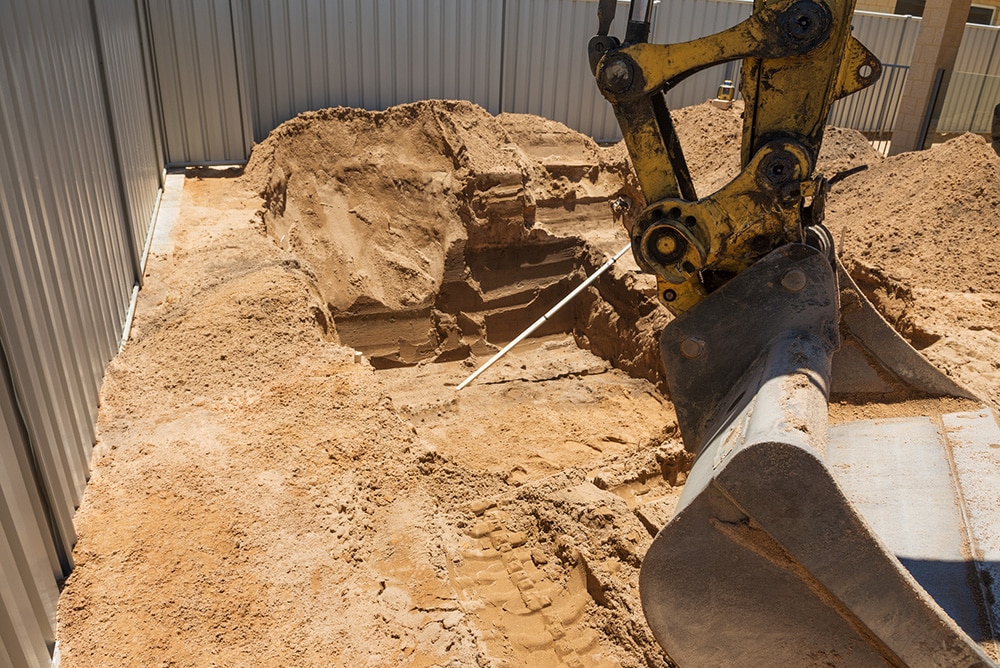
Installation of Drainage Components
Drainage components, such as perforated pipes, catch basins, channel drains, and French drains, are installed in the trenches to collect and convey water away from the property. These components are connected to downspouts, gutters, or surface runoff areas to ensure efficient water management.
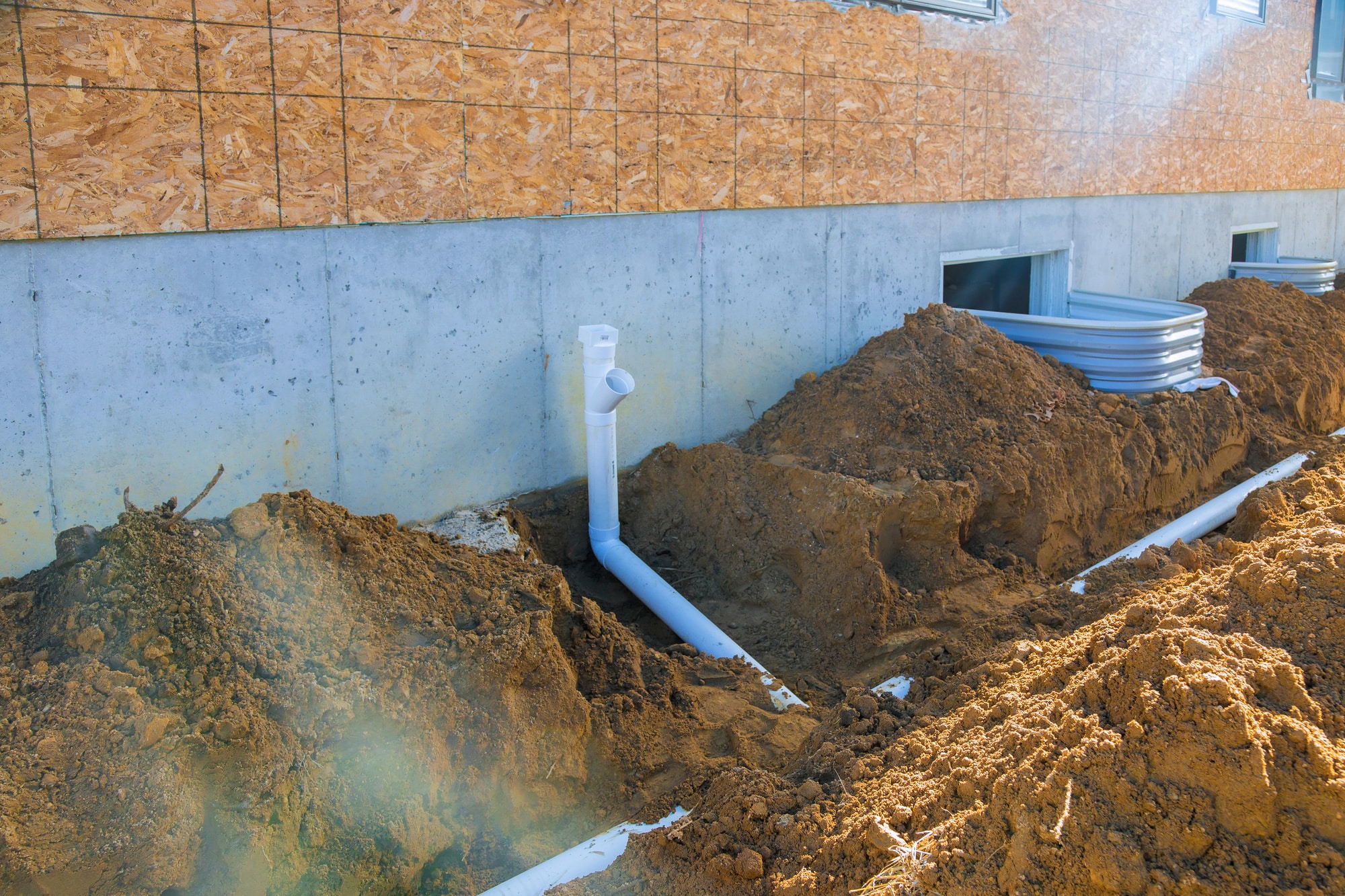
Backfilling and Grading
Once the drainage components are in place, the trenches are backfilled with gravel or aggregate to provide structural support and facilitate water infiltration. Proper grading is also essential to ensure that water flows away from the property and prevents pooling or standing water.
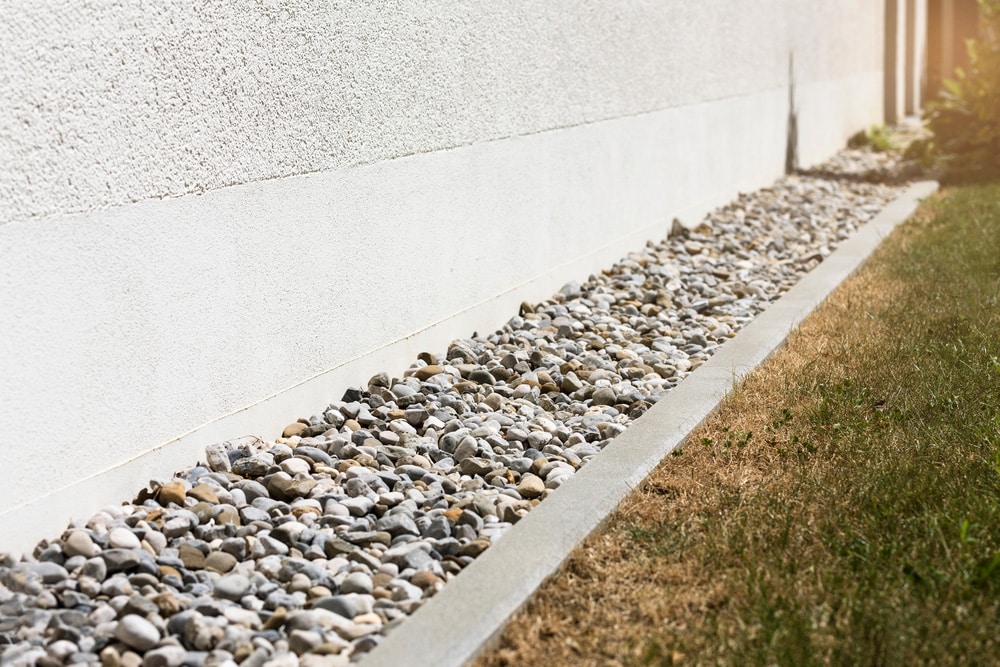
Surface Restoration
After the installation is complete, any disturbed landscaping or surfaces are restored to their original condition, minimizing disruption to the property’s aesthetics and functionality.
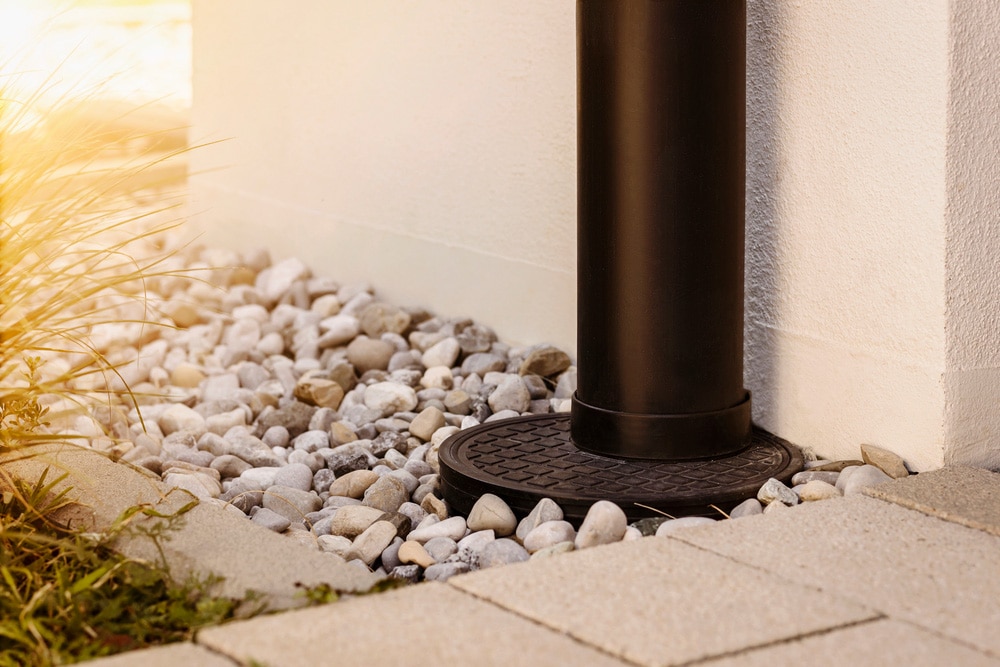
Problems Solved with Exterior Drainage
An effective exterior drainage system can address a variety of water-related issues and protect your property from potential damage. Here are some common problems solved with an exterior drainage system:
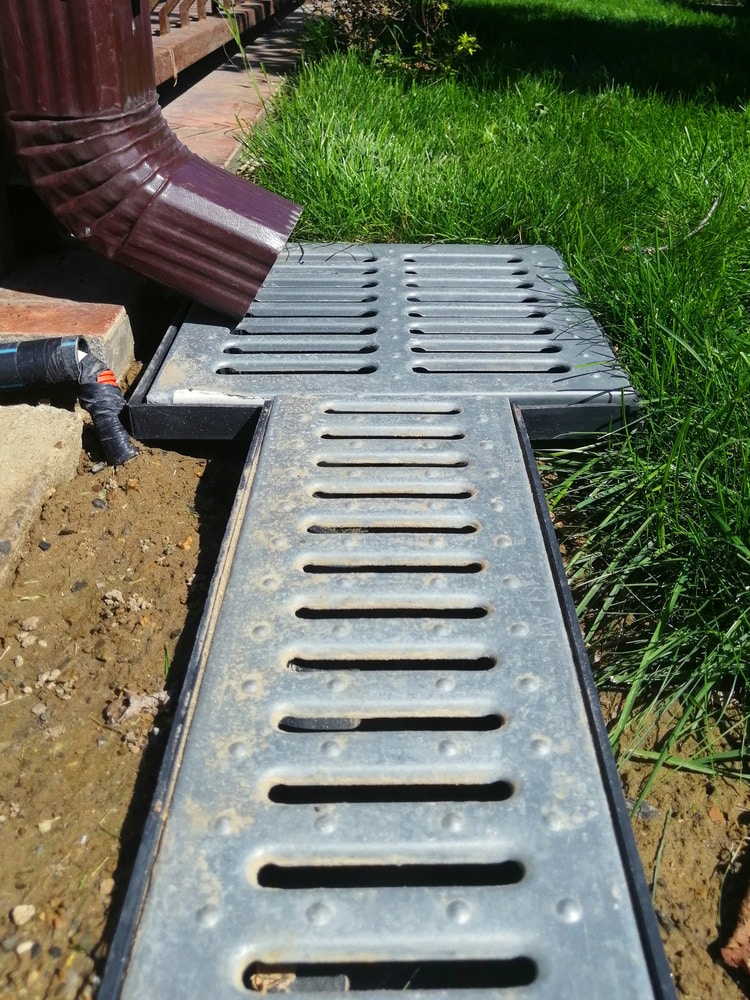
Prevents Foundation Damage
Basement waterproofing prevents moisture buildup, reducing the risk of mold and mildew growth, which can cause respiratory issues and compromise indoor air quality.
Reduces Basement Flooding
Proper exterior drainage prevents water from seeping into the basement through foundation walls or floor cracks, reducing the risk of basement flooding and water damage.
Prevents Soil Erosion
By managing surface water runoff, exterior drainage systems help prevent soil erosion, protecting landscaping features, retaining walls, and slopes from erosion and instability.
Prevents Standing Water
By eliminating standing water and pooling around the property, exterior drainage systems reduce the risk of slip and fall accidents, insect breeding, and mosquito infestations.
Preserves Property Value
An effective exterior drainage system protects your property from water-related damage, preserving its aesthetic appeal, structural integrity, and resale value.

Improves Landscaping Health
Excessive moisture can damage plants, trees, and shrubs in the yard. Exterior drainage systems help maintain optimal soil moisture levels and prevent waterlogging, promoting healthy landscaping.
Protects Hardscape Features
Proper drainage prevents water damage to driveways, patios, walkways, and other hardscape features by diverting water away from these surfaces and preventing erosion and deterioration.
In conclusion, exterior drainage plays a critical role in protecting your property from water damage, soil erosion, and structural instability. By addressing drainage issues proactively and installing an effective exterior drainage system, you can safeguard your investment and ensure the long-term health and integrity of your property. Contact Legacy General Construction today to learn more about our comprehensive exterior drainage solutions and schedule a consultation.
Optimize Your Home's Drainage System
Prevent water damage and safeguard your property with our comprehensive exterior drainage solutions. Experience peace of mind, rain or shine.

